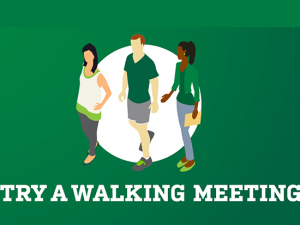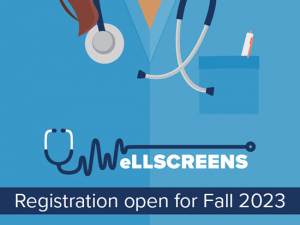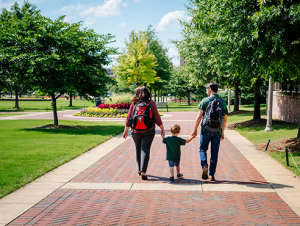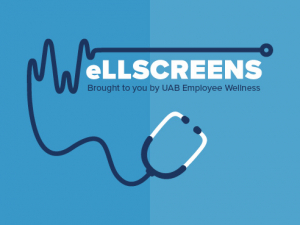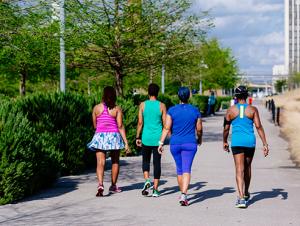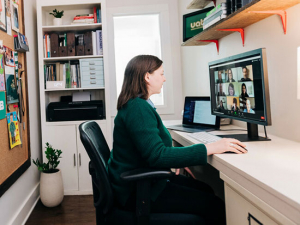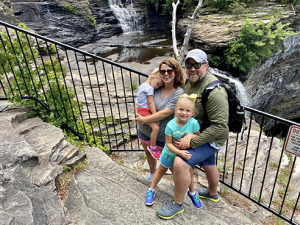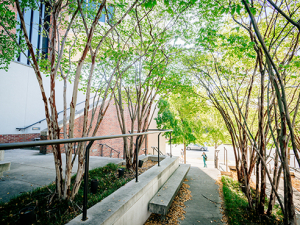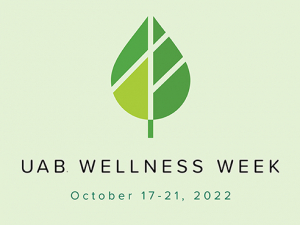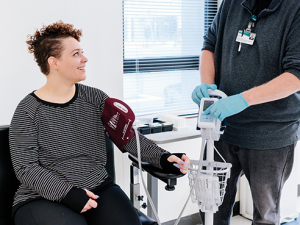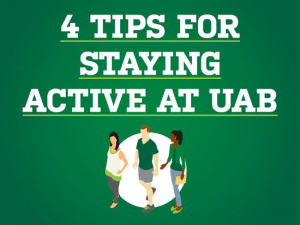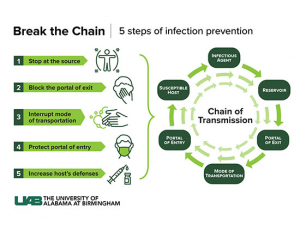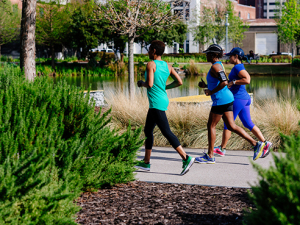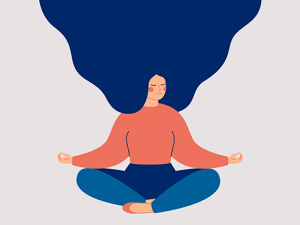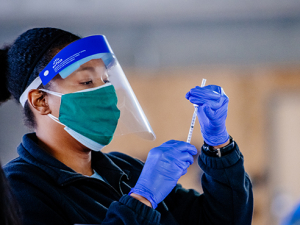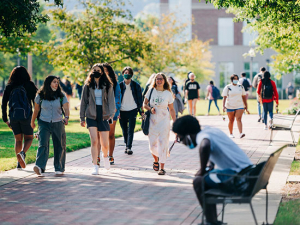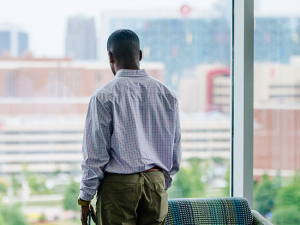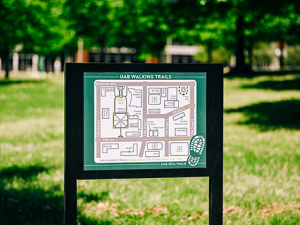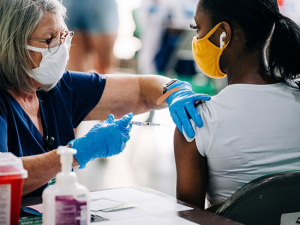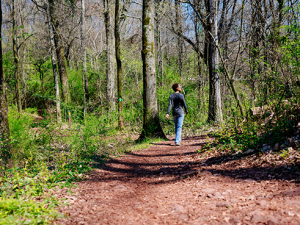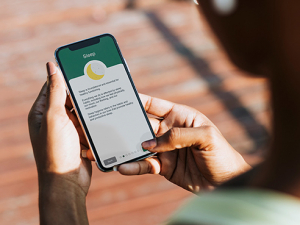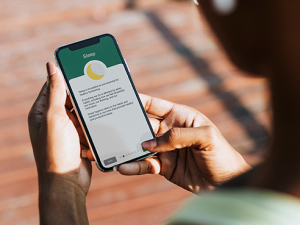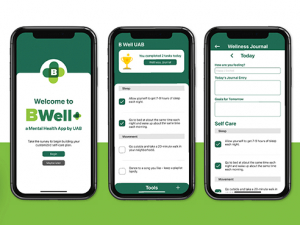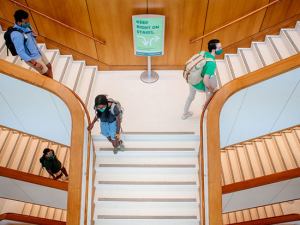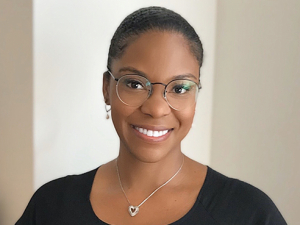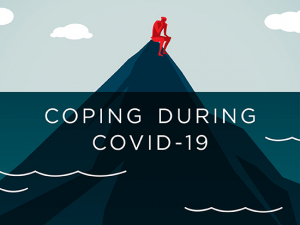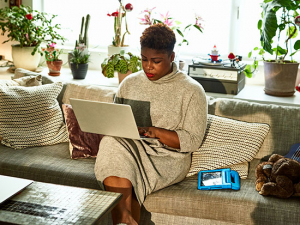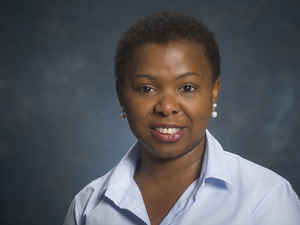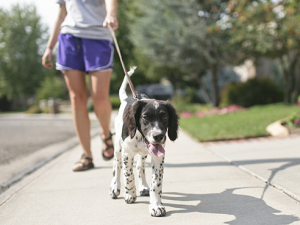 Heather Ray, Ph.D., and Stephanie Wall, Ph.D.
Heather Ray, Ph.D., and Stephanie Wall, Ph.D.
When Heather Ray, Ph.D., moved to Birmingham for her new appointment at UAB in 2016, she knew virtually no one on campus or in the city, a problem postdocs across the world face as they graduate with terminal degrees and begin the next phase of their academic careers.
Luckily, Ray is outgoing and friendly, traits that she said helped her become involved on campus and meet new people. But not all postdocs are comfortable attending functions alone or striking up conversations with strangers — a fact that can lead to isolation and loneliness, Ray said.
“I came into my time here saying, ‘I’ve got to go out and find ways to meet people,’” said Ray, who also is a MERIT award recipient. “But not everyone is like that, I think, especially in the sciences, where many people tend to be more introverted.”
Social isolation is only one of many pressures postdocs face; a 2014 survey showed that, of 200 postdocs evaluated, 58 percent were languishing and 29 percent were depressed. A researcher recently made headlines for including a tribute to a friend who committed suicide after succumbing to the stresses of postdoc life in the acknowledgements of a published academic paper.
Ray, along with cohorts in UAB’s Postdoctoral Association, have scheduled two events to combat stress and begin to educate a generation of postdocs on self-care for Postdoctoral Appreciation Week Sept. 18-22. A question-and-answer panel, “Living Well as a Junior Researcher,” will be held noon Monday, and a free yoga session will be offered 3 p.m. Thursday in the Campus Recreation Center.
Under pressure
The social isolation postdocs experience often is compounded with specific professional pressures. Postdoc appointments, while technically still training periods, generally are the first full-time professional jobs for young researchers, who roll seamlessly from undergraduate to graduate studies without taking a break or time off. Many find appointments in small labs where they are the only postdoctoral scholars, without a cohort of fellow students and a built-in support group.
“You spend an average six years as a graduate student and that whole time you have other people going through the exact same thing — people to identify with, commiserate with and navigate that time with,” Ray said. “You don’t realize how important that is until you leave that.”
|
“People spend a lot of time worrying about how — even if they are working hard and doing everything they can — they aren’t going be able to find a job and get funding. So what happens then?” |
Postdoctoral appointments, both scarce and temporary, can last around five years, sometimes fewer. The scarcity means postdocs feel pressure to impress the senior researchers who selected them — “you want the new mentor to feel like they made a good choice in hiring you,” Ray said — and the short appointments leave postdocs worrying about their current research and their next professional move.
“People spend a lot of time worrying about how — even if they are working hard and doing everything they can — they aren’t going be able to find a job and get funding. So what happens then?” asked Stephanie Wall, Ph.D., a member of the event-planning committee who is two-and-a-half years into her postdoc appointment at UAB. She already feels the pressure to figure out the next step for her career.
Campus advocacy
In 2013, UAB ranked as the No. 1 university nationwide for postdoctoral work, according to “The Scientist” magazine’s 2013 Postdocs Rankings, which were not measured again after that year. Both Ray and Wall agreed that postdocs at UAB have a more supportive environment than is found in other schools and research institutions, due for the most part, they said, to UAB’s Office of Postdoctoral Education. Its leaders, such as Lisa Schwiebert, Ph.D., associate dean for Graduate and Postdoctoral Affairs, are beloved by junior researchers for their consistent advocacy for postdoctoral scholars.
The office works to develop courses in grant-writing, lab management and translational science while endowing awards for travel and internships. They also provide information and guidance on different career topics to those postdocs considering pursuing a non-academic career, Wall said.
“At National Postdoctoral Association meetings, they often talk about how some places don’t have a postdoc office at all, no infrastructure,” Wall continued. “Some places don’t do a good job supporting postdocs or treating them well, and I feel fortunate to work in an environment where there are people advocating for us.”
 Click to enlargeAddressing the issues
Click to enlargeAddressing the issues
Each of UAB’s 262 postdocs is an automatic member of the Postdoctoral Association (PDA), which, in addition to organizing and hosting social and education events, is another voice for the interest of junior researchers.
Nearly six times the normal crowd showed for the PDA Postdocs Appreciation Week planning meeting, Wall said, and the decision to include something mental-health related was unanimous.
The first event, hosted in the Edge of Chaos noon Monday, “Living Well as a Junior Researcher,” will feature four panelists — Deborah Kerr, Ph.D., owner of Mountain Brook Wellness; Justin Thomas, Ph.D., assistant professor of psychiatry at UAB; Sandra Frazier, M.D., assistant dean for Professional Development in the School of Medicine; and Adrianne Raymond, program director in the Professional Development office. They will offer advice and insight on managing the stresses of high expectations and maintaining good mental health.
|
“Some places don’t do a good job supporting postdocs or treating them well, and I feel fortunate to work in an environment where there are people advocating for us.” |
“When you’re working a lot or working at home, you feel bad for not spending time with your partner or family, but when you’re spending time with your family you feel guilty for not working,” Ray said. “No matter what you do, you feel you can’t win. We want to have an open discussion about that and ask if guilt is an appropriate emotion, and find new techniques for dealing with those feelings.”
There also will be a free yoga class for all postdocs at the Campus Recreation Center 3 p.m. Thursday. Studies have shown that yoga reduces perceived stress and anxiety, and a group class provides postdocs an opportunity to meet other junior researchers and take a break from work.
Thinking ahead
By bringing mental health into the spotlight, Ray and Wall said they ultimately hope to teach UAB postdoctoral scholars how to manage their professional and personal stresses. The hope is that those same junior researchers will coach an entirely new generation of postdocs through the same issues.
“A lot of people deal with these issues in silence,” Wall said. “We want to change the culture so we can be open about it, and, as we move forward in our careers, start a new culture by being mentors and encourage inclusive environments that help people acknowledge and deal with the issues.”
